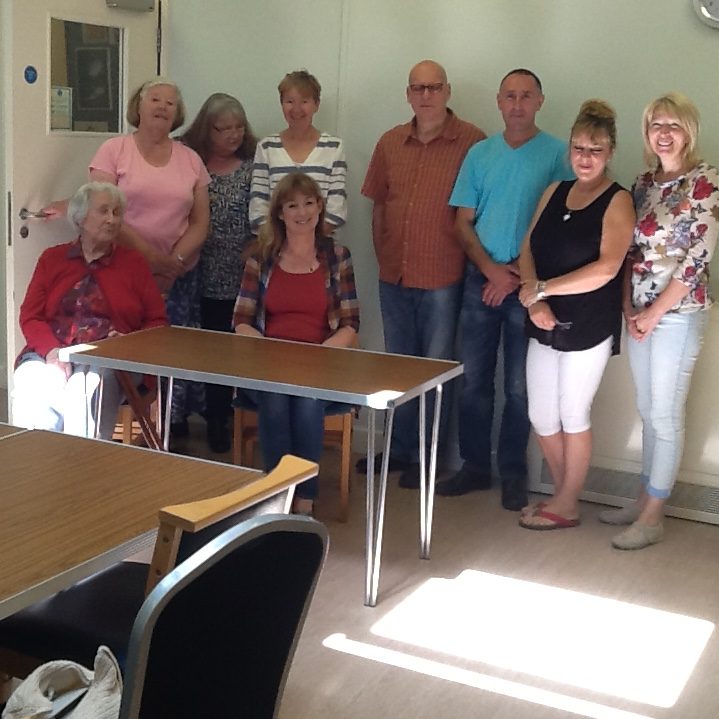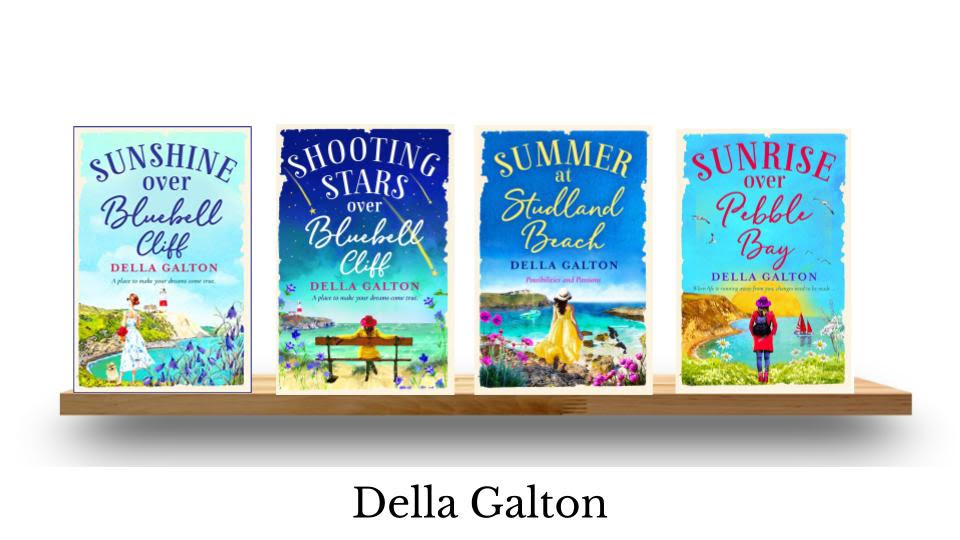Constructive feedback is something that we do a lot in my writing classes, i.e. students read out work for which they’d like feedback. For me it’s very valuable, and is the reason I still attend a writing class as well as teach them. But I’m well aware of how sensitive we are as writers, so I produced this tongue in cheek tip sheet, which I hope others might find useful.
For the critic
Please be constructive. Think about how the manuscript could be improved and tell the writer which bits you really liked – as well as which bits you didn’t think worked as well. This is very important.
Think about how the piece began – did the opening catch your attention? Did you want to find out what happened next? Was the ending satisfying? If not, why not?
Please give feedback on the writing – not the subject matter. (And definitely not the writer!)
If you have some specialist knowledge on a subject that might be useful – eg the piece has a medical slant and you’re a nurse or doctor – please say so.
For the victim!
Don’t take constructive feedback on your work personally. Remember it is only someone else’s opinion and it is your manuscript. At the end of the day you don’t have to change anything if you don’t want to.
However, if several people mention the same point – then it may be worth listening to them.
Please don’t argue with critics (although this can be tempting!) In the interests of class serenity, it is much better to nod, smile, pretend you’re writing down everything they say and totally ignore it. However, if you do write down what they say, you might read it later and find that you actually agree with it.
And Finally….
Listening to feedback about your work is not easy – it is on a par with having someone criticise your close family. But it is one of the best ways there are to learn the skills of writing. I personally have learned so much from feedback. It’s worth it.





I totally agree with you Della. I’ve probably learned more from good feedback than from anything else. I stress the ‘good’ though. There is an art to giving constructive feedback – far easier to nit pick on the irrelevant.
Hi Tracy
Oh yes, how true that is. It took me a lot longer to learn how to give constructive and useful (I hope) feedback than it did to learn to write 🙂
It certainly was useful. It helped me enormously. Sometimes you’re so close to a story that you can’t see what needs tweeking and it helps to have someone point you in the right direction.
Absolutely, Tracy, my class helps me a lot 🙂
My most useful criticism/feedback has been from The Prople’s Friend. There’s no doubt that once the suggested changes have been made, the stories come out a lot stronger – even if they end up suitable for different magazine!
Hi Wendy
Yes, I know what you mean about The People’s Friend, they are particularly excellent at giving comments, aren’t they. I love writing for them because they are so specific about what they want and are also so lovely to work with.
How timely Della,
here in our U3A Bermagui Life Writers’ Class we have just been discussing the fact that we have become a little slack in our critiquing of each others life writing. So I have passed this page onto others. It will certainly help me.
Thank you
Jean
HI Jean
Thanks for your comment. And glad to be of assistance 🙂